More than 12.22 million college graduates are set to enter the workforce in 2025, according to the Chinese government . This is the highest number of new graduates ever.
According to the National Bureau of Statistics of China, the youth unemployment rate (aged 16-24, excluding current students) fell from 16.5% in March to 14.2% in May. However, this figure is still nearly three times the urban average and higher than the same period last year.
Meanwhile, graduates, who have been excluded from unemployment figures since the rate hit 21.3% in June 2023, are facing separate and increasingly pronounced difficulties.
The uncertainty in trade relations with the US, although temporarily eased after a 90-day truce last month, continues to cast a shadow over key industries, especially manufacturing, one of the traditional sources of jobs for new graduates.
“Young people almost always suffer the most in labor market shocks,” said Christopher Beddor, an expert from global research firm Gavekal Dragonomics.
In response, the government and universities have rolled out a series of employment initiatives. The Ministry of Education launched a “100-day sprint” to expand employment opportunities, provide recruitment and job-seeking subsidies, and develop short courses to help students improve their practical skills.
Several major cities, including Beijing, Shanghai and Suzhou, have rolled out financial subsidies of one to two thousand yuan for employers to hire new graduates. In Shanghai alone, state-owned enterprises are required to reserve at least 60 percent of their new jobs for graduates.
In addition, universities have also taken measures to lengthen their training programs. For example, the study time for English and Veterinary Medicine has been increased from 4 to 5 years, with the reason being “interdisciplinary training” and “compliance with national standards”.
In parallel, some master’s and doctoral programs have also been extended by a year. Conversely, some fields such as architecture have shortened their training time, reflecting a sharp decrease in labor demand in the context of the real estate crisis.
Notably, while the labor market is largely gloomy, the technology industry is thriving, with major corporations such as Tencent, Huawei and Baidu announcing large-scale recruitment campaigns.
Tencent pledged to hire 28,000 graduates within three years, while Huawei will hire 10,000 students in fields such as AI, chip design, and software development. Baidu also announced its largest recruitment campaign ever, mainly for AI-related positions.
However, even in this sector, opportunities remain limited and highly competitive, with not enough positions for all graduates. While governments and universities are looking to defer or retrain, the core issue, the imbalance between labor supply and demand, especially in traditional industries, has not been fully resolved.
In the past, the Chinese government encouraged students to pursue graduate studies to delay their entry into the labor market. But now the “delay effect” has worn off, as many of them have now graduated, adding to the pressure on an already saturated labor market.
Source: https://giaoducthoidai.vn/hang-chuc-trieu-sinh-vien-tot-nghiep-la-thach-thuc-lon-cho-thi-truong-viec-lam-post737912.html



![[Photo] Opening of the 14th Conference of the 13th Party Central Committee](https://vphoto.vietnam.vn/thumb/1200x675/vietnam/resource/IMAGE/2025/11/05/1762310995216_a5-bnd-5742-5255-jpg.webp)






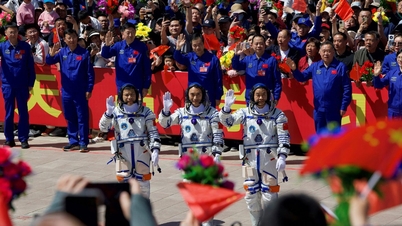






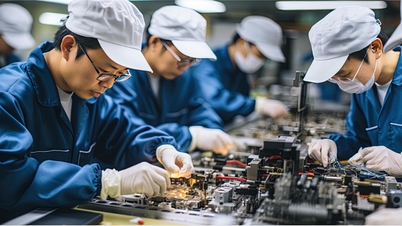
















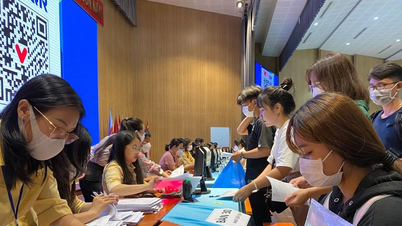
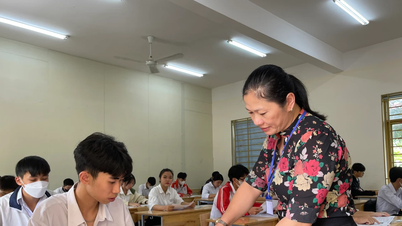

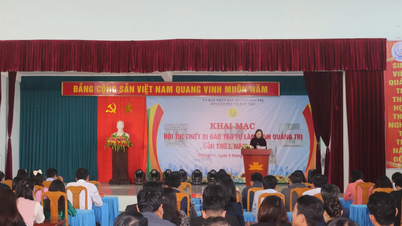



![[Photo] Panorama of the Patriotic Emulation Congress of Nhan Dan Newspaper for the period 2025-2030](https://vphoto.vietnam.vn/thumb/1200x675/vietnam/resource/IMAGE/2025/11/04/1762252775462_ndo_br_dhthiduayeuncbaond-6125-jpg.webp)




























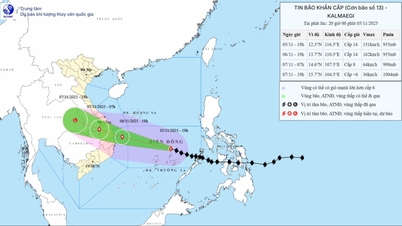















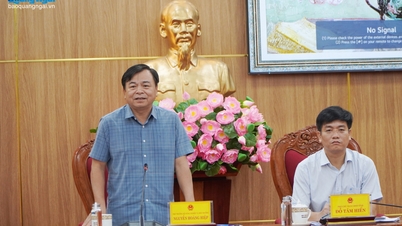





















Comment (0)